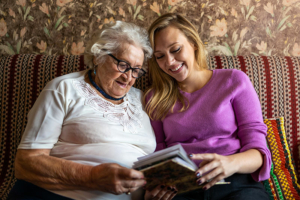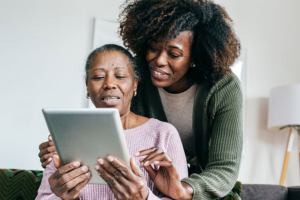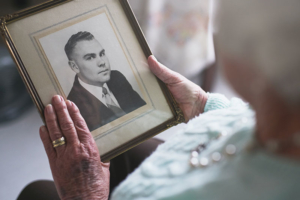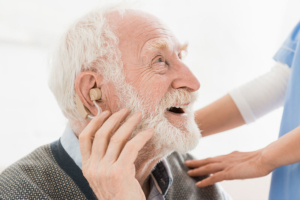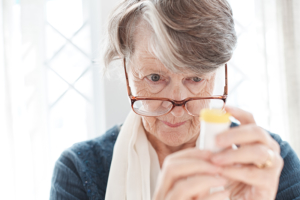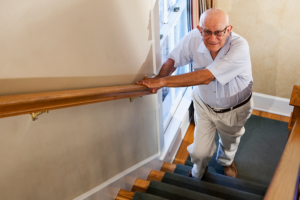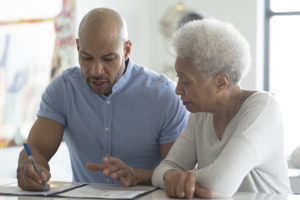Health Concerns That Can Cause Negative Mood Changes in a Senior
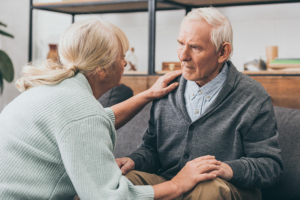 Everyone goes through good days and bad days, and everyone is entitled to negative thinking or irritability every now and then. If you are caring for an older adult who appears to have fallen into a routine of continual negativity and complaining, there could be a reason for it. It’s worthwhile to explore whether or not a health issue may be the culprit for negative mood changes in a senior.
Everyone goes through good days and bad days, and everyone is entitled to negative thinking or irritability every now and then. If you are caring for an older adult who appears to have fallen into a routine of continual negativity and complaining, there could be a reason for it. It’s worthwhile to explore whether or not a health issue may be the culprit for negative mood changes in a senior.
The following are several possibilities for chronic negative mood changes in a senior and how you can help.
- Urinary tract infections. A UTI’s classic signs and symptoms of pain, burning, and urgency to urinate may include additional side effects for seniors, including angry outbursts, irritability, confusion, as well as other alterations in behavior or mood. Speak with the physician to rule out a urinary tract infection if you observe these types of uncharacteristic behaviors.
- Pain. A recent research study discovered that participants who are experiencing chronic pain reported an increase in negative moods, including fatigue, anger, tension, depression, anxiety, and more. It’s worthwhile to share any of these mood changes with the physician, as these kinds of mood changes actually impact the effectiveness of pain management treatments.
- Dementia. Mood and personality changes are typical in dementia. It is crucial to understand that these changes are a symptom of the physiological changes in the brain, and are not a representation of the person’s own choices and decisions. There are medicinal and natural treatment choices that can help the person feel calmer and less agitated that you may desire to explore.
- Medication side effects. A number of medications – including those designed to help with mood, such as antidepressants – may cause troublesome mood swings. Medications for blood pressure, inflammation, and seizures may cause personality and behavioral changes in some people. Again, talk with the physician and go through the senior’s prescriptions to determine if the problem stems from one medication, or possibly the interaction of multiple meds together.
Negative mood changes in a senior can arise from loneliness or boredom, too. No matter the reason, constant negativity can be taxing for a caregiver’s personal sense of wellbeing. It is important to be able to step away from your caregiving role on a regular basis, and to make this time away a top priority. The senior will also benefit from the chance to spend time with different friends, family members, or a professional caregiver. These breaks are a healthy part of your caregiver/care receiver relationship – for both of you.
Responsive Home Care’s caregivers are wonderful companions to help brighten the mood of the older adults we serve. All of our care staff are fully trained, background checked, and experienced in a wide range of in-home care services for seniors. If you’re looking for an award-winning home care company in Ft. Lauderdale, FL or the nearby areas, contact us online or at (954) 486-6440 to learn how we can help someone you love, while allowing you the time you need to rest and rejuvenate.

